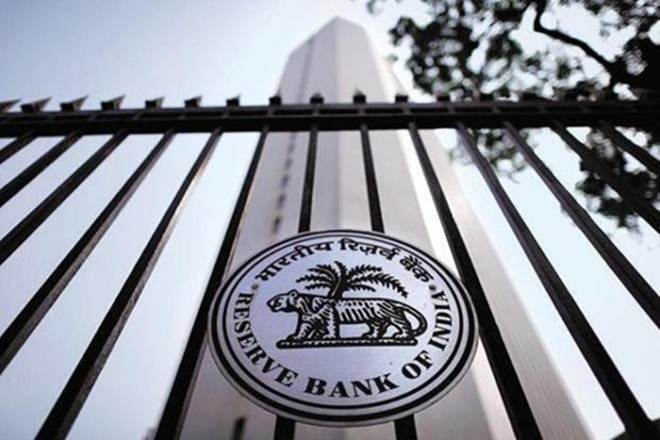The Reserve Bank of India (RBI) on Wednesday capped the maximum amount a bank can invest in the debt instruments issued by a single entity or a group of entities using the targeted long-term repo operations (TLTRO) funds at 10%. The central bank made the clarification with the announcement of the fourth tranche of its TLTRO worth Rs 25,000 crore, which will be conducted on April 17.
The new cap on investments means the banks will have to find more potential firms to invest in investment grade debt instruments rather than remain content with a select few entities for the deployment of the funds. It also means that companies will require more buyers rather than a single bank underwriting a huge chunk of the deal.
Sources had earlier told FE that post-TLTRO announcement by the RBI, banks were in direct talks with potential high grade debt issuers to clinch virtual deals before the firms hit the electronic bidding platform (EBP) with their bond issuances in the primary market. According to dealers, there have been instances in recent times when a very large nationalised bank is believed to have taken more than 50% of a single issue in the primary market.
Ajay Manglunia, MD & head of institutional fixed income, JM Financial, believes the central bank has brought in the 10% investment cap for TLTRO funds so that the entire system and not just select entities get the benefit of the scheme. “What was happening so far is that select companies, which could anyway have raised funds easily from the market, were aiming for the TLTRO money from banks. Although, that wasn’t technically incorrect, the corporate bond market as a system wasn’t gaining out of it. The new cap will make sure that the funds are evenly distributed across the spectrum and yields stabilise across the spectrum of investment grade papers,” Manglunia said.
According to dealers, firms like Reliance Industries (RIL), NABARD, and Tata Steel are likely to hit the bond market on Thursday with an intention to raise a cumulative Rs 15,000 crore.
The central bank recently came out with a clarification that banks will have to shell-out an additional interest if they are unable to deploy the funds raised under the TLTRO in the stipulated time frame of 30 working days. The interest rate on un-deployed funds will increase to the prevailing policy repo rate plus 200 basis points for the number of days such funds remain un-deployed, RBI had clarified.
The central bank had received significant responses from banks when it conducted the third tranche of TLTRO. RBI saw bids worth Rs 1.13 lakh crore from a total of 18 banks against the notified amount of Rs 25,000 crore.

